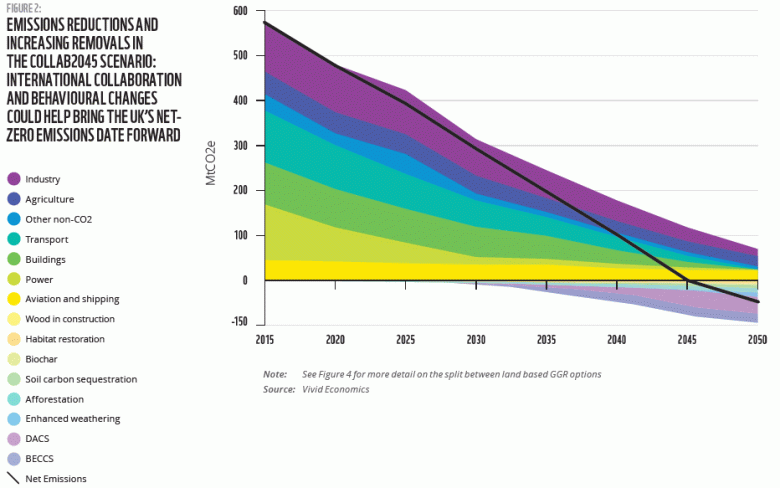In housing:
Futures Forum: A solution to our housing problems: the 'impossible' zero-carbon house
Futures Forum: Reducing carbon emissions from buildings >>> a message from the industry: "Making buildings energy-efficient stimulates economic activity and creates thousands of jobs"
In farming:
Futures Forum: VGS AGM: Fresh and Green
Futures Forum: VGS AGM: Bicton College
In planning:
Futures Forum: What makes an eco-town?
Futures Forum: Cranbrook: What's the difference between a housing estate and an eco newtown?
Mainstream media has been interested in the idea for some time now:
Futures Forum: Climate change: zero emissions target
Futures Forum: Climate change: Carbon negative
With more on this from the excellent 'green blog':
Make Wealth History – Because the earth can't afford our lifestyle
Britain’s pathway to net zero carbon
CLIMATE CHANGE
BY JEREMY WILLIAMSDecember 12, 2018
2 Commentson Britain’s pathway to net zero carbon
Last week I wrote about how the British government was seeking advice on a zero carbon target, and the latest plan from Friends of the Earth. A similar report was released the same week by WWF, showing how the country could end its contribution to climate change by 2045.
Called Keeping it Cool, the report looks for opportunities to make deep emissions cuts, and then accelerates the shift to net zero by using techniques that store and reduce carbon. Put together, the path down the mountain looks something like this:

It’s good to see these land management and natural carbon capture techniques modeled. They feature so highly in the lists of most effective strategies (see Drawdown, for example) but rarely get mentioned. In WWF’s plan, we’d knock down emissions in industry, energy generation and buildings. Encouraging more sustainable diets gets a little further. ‘Hard to treat’ areas such as shipping and avaiation make a smaller contribution, but at least we can stop them growing.
Carbon negative strategies then remove an equivalent amount, helping us get to net zero. Reforestation is an obvious one, and better soil stewardship so that more carbon is stored in the soil. Those we know we can do. DACS, at the bottom there, is a bit harder. That’s ‘direct air capture’ with carbon storage – a proven technology, but not at scale and not within a business model that works just yet.
BECCS, just below it, is ‘bioenergy with carbon capture and storage’. That’s where you use biomass for energy – such as wood or agricultural waste burned in a power station – and then capture the carbon. The carbon absorbed as the plants grew is used or locked away, effectively making it a carbon negative form of energy.
If governments, businesses and citizens of developed countries had acted on climate change when it was first brought to our attention, we wouldn’t need these technologies to draw carbon out of the atmosphere. As it is, they’re going to have to be a part of the mix – not to offset emissions that we intend to ignore, but to accelerate the transition.
Britain’s pathway to net zero carbon – Make Wealth History
See also:
Futures Forum: Climate change: "Going Carbon Neutral" >>> from Aston Hayes to Exmouth
Futures Forum: Climate change: will Carbon Capture and Storage be the techno-fix to 'unlock' unburnable fossil fuels?
.
.
.

No comments:
Post a Comment